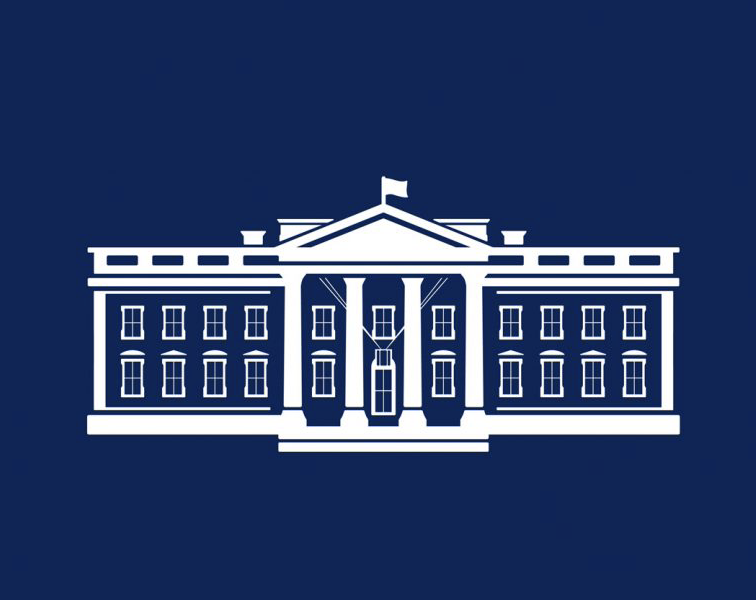On December 1, 2022, the White House Office of Science and Technology Policy (OSTP) and the White House Council on Environmental Quality (CEQ) jointly released new government-wide guidance and an accompanying implementation memorandum for Federal Agencies on recognizing and including Indigenous Knowledge in Federal research, policy, and decision making. This announcement coincides with the Biden-Harris Administration’s 2022 Tribal Nations Summit and responds to a 2021 OSTP-CEQ memorandum that called for development of the guidance with Tribal consultation and Indigenous community engagement, as well as agency, expert, and public input.
Indigenous Knowledge is a body of observations, oral and written knowledge, innovations, practices, and beliefs developed by Tribes and Indigenous Peoples through interaction and experience with the environment. The Biden-Harris Administration has formally recognized Indigenous Knowledge as one of the many important bodies of knowledge that contribute to the scientific, technical, social, and economic advancements of the United States and our collective understanding of the natural world.
Specifically, the White House guidance on Indigenous Knowledge will assist agencies in:
- Understanding Indigenous Knowledge;
- Growing and maintaining mutually beneficial relationships with Tribal Nations and Indigenous peoples needed to include Indigenous Knowledge appropriately; and
- Considering, including, and applying Indigenous Knowledge in Federal research, policies, management, and decision-making.
This guidance also identifies promising practices, based on agency experience and Tribal and Indigenous input, for collaborating with Tribal Nations and Indigenous peoples, as well as for considering and applying Indigenous Knowledge in implementing statutory and regulatory requirements and respecting the decisions of Tribal Nations and Indigenous peoples on whether and how to engage in Federal processes.

